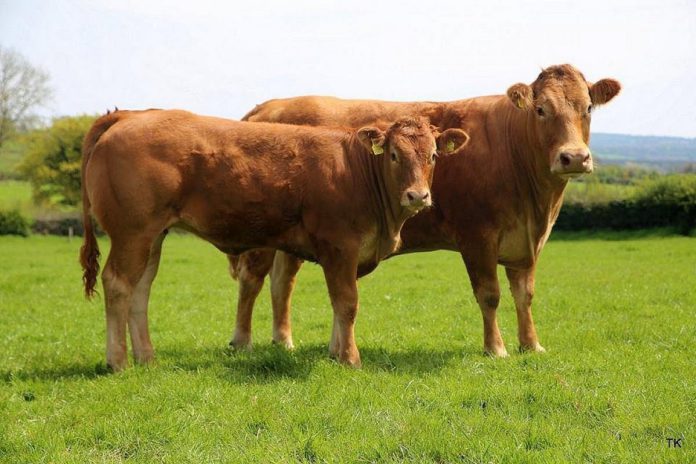As part of the BEEP scheme, participants have the option to test for faecal eggs in the of their animals.
If farmers decide to undertake this task, which is not mandatory, they must submit samples to an approved laboratory on or before November 1st, 2020.
How it works
Should an applicant want to test the faecal matter of their cattle, they must contact a Department-approved laboratory to request the sampling pack and to arrange a payment procedure.
Where a participant fails to use a laboratory from the list of Department-approved laboratories, this action will be considered to have not been fully completed and will therefore not be eligible for payment.
The Department of Agriculture advises the following procedure for collecting faecal samples of the cows:
- Cows should be placed in a clean pen;
- Leave them undisturbed for a couple of hours or until such time that a number of faecal deposits have been observed;
- Using gloves, collect faecal samples from at least 10 different fresh faecal deposits;
- Place them in 10 separate containers (You must collect at least a heaped teaspoonful of faeces);
- Place all filled containers of faeces in the plastic zip-lock bag provided;
- Post samples, on the day of sampling, or the following day at least;
- If samples are collected at the weekend store them in cool place preferable in a fridge not used for domestic purposes and post on Monday.
The state body recommends that cows should be dosed based on the result of the FEC result. Applicants are advised to discuss the results of their FEC with their veterinary advisor.
Information
For further information, or to access the scheme’s terms and conditions see here.





